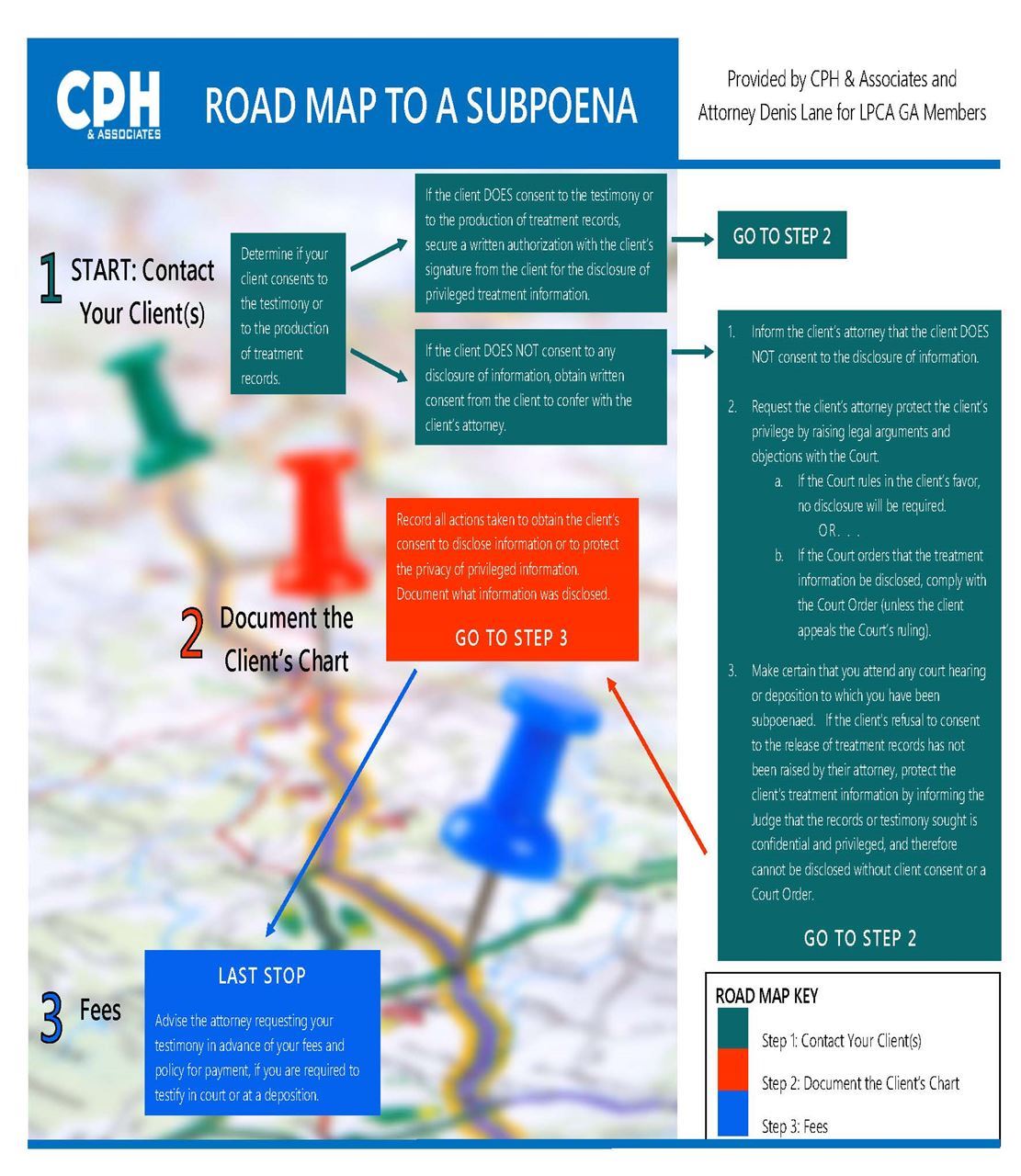|
To file a complaint with GA Composite Board CLICK HERE or for more information CLICK HERE.
Georgia Licensure Board (Composite Board) Code of Ethics
Licensing Board Chapter 135-7 Code of Ethics
Table of Contents CLICK HERE TO READ THE RULES on ETHICS
- 135-7-01 Responsibility to Clients
- 135-7-05 Assessment of Instruments
- 135-7-02 Integrity
- 135-7-06 Research
- 135-7-03 Confidentially
- 135-7-07 Advertising and Professional Representation
- 135-7-04 Responsibility to Colleagues
LPCA Board of Directors DUTIES
The LPCA Board of Directors adhere to the LPCA Mission Statement: The Licensed Professional Counselors Association of Georgia, Inc. is dedicated to the profession and the professionalism of Counselors in Georgia. They speak with one voice, putting aside their personal opinions and join the team promoting the profession of counseling and raising the bar on professionalism
American Mental Health Counselors Association (AMHCA) Code of Ethics
Mental health counselors believe in the dignity and worth of the individual. They are committed to increasing knowledge of human behavior and understanding of themselves and others. While pursuing these endeavors, they make every reasonable effort to protect the welfare of those who seek their services, or of any subject that may be the object of study. They use their skills only for purposes consistent with these values and do not knowingly permit their misuse by others. While demanding for themselves freedom of inquiry and community, mental health counselors accept the responsibility this freedom confers: competence, objectivity in the application of skills, and concern for the best interest of clients, colleagues, and society in general.
American Counselors Association (ACA) Code of Ethics
The 2014 ACA Code of Ethics replaces the 2005 edition. The new edition is the first code that speaks to the ethics of using social media with clients. It also presents new or expanded guidelines for preventing the imposition of counselor personal values, distance counseling, confidentiality, dual relationships, multiculturalism and diversity, the use of technology, recordkeeping, diagnosis, end-of life care and the selection of interventions.

|